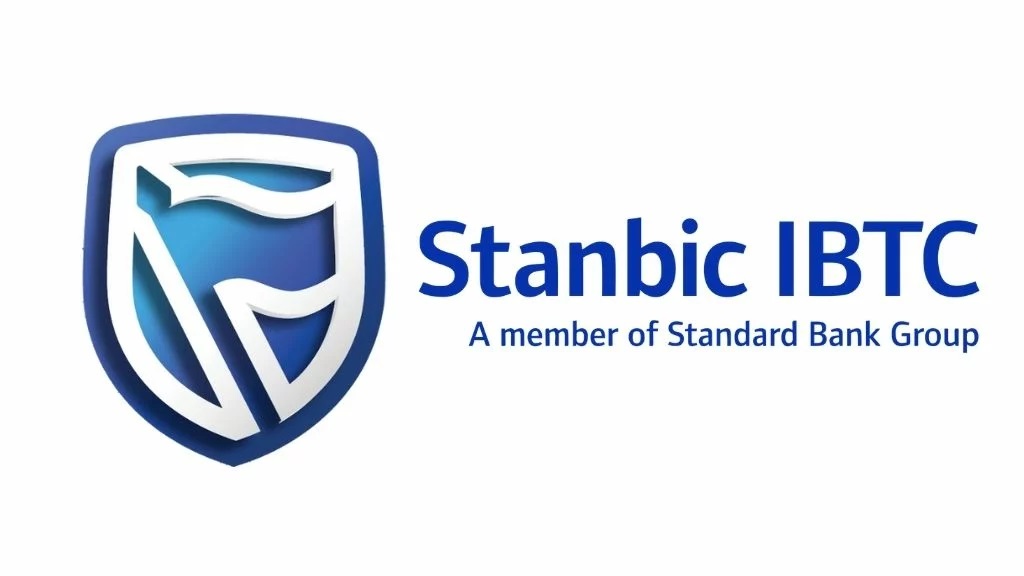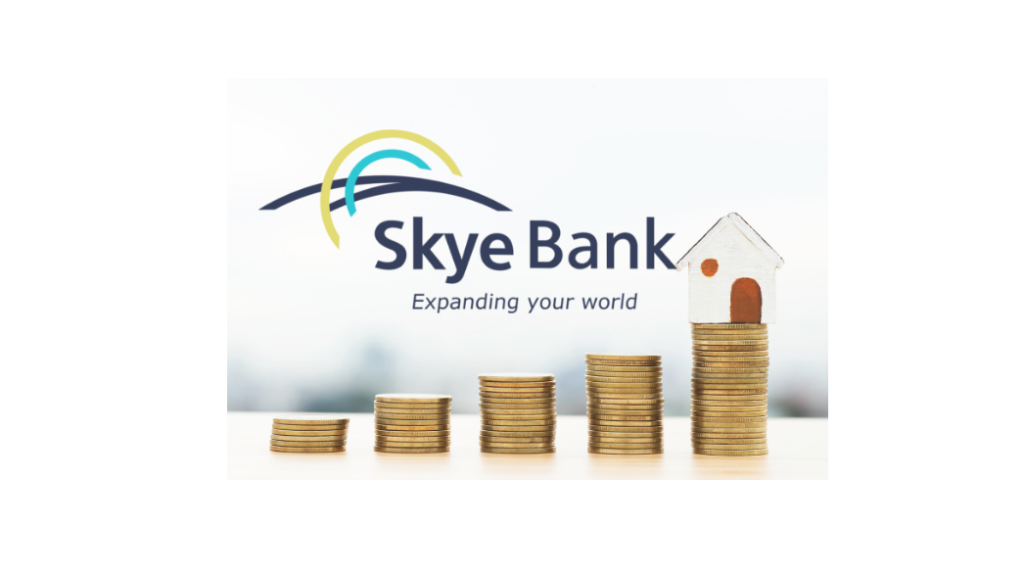Nigeria
Apply Stanbic IBTC Bank
Discover a better way to manage your finances with Stanbic IBTC Bank. With competitive interest rates, flexible repayment terms, and expert support, you can take control of your finances and achieve financial freedom. Apply today and start enjoying the many benefits of financial freedom!
Advertisement

When it comes to bank loans, many people have doubts about how they work, what types are available, and how to choose the best one for their financial needs. After all, bank loans can be a viable option for those who need to borrow money to cover unexpected expenses or make an important investment. In this conversation, we will explore more about bank loans, so that you can make informed financial decisions and reach your financial goals.
What requirements?
It is important to know that banks require requirements to grant loans to evaluate the risk involved in the loan. In addition to ensuring that they can recover the borrowed money.
This is because when granting a loan, the bank is lending money to someone and expecting that person to return the borrowed amount, plus interest and other fees, within a certain period of time. To ensure that this happens, the bank needs to evaluate the applicant’s ability to repay the loan and meet payment obligations.
Requirements such as credit history, source of income, age, and documentation are used by banks to evaluate the applicant’s ability to repay the loan. In addition, guarantees may be required to ensure that, in the event of default by the borrower, the bank can recover the borrowed money.
To apply for a loan with Stanbic IBTC Bank, you usually need to meet certain requirements, which may vary depending on the type of loan you are looking for. Below are some of the general requirements that may be necessary:
Age:
The first requirement is that you must be at least 21 years old. This is because a minimum age of 21 is a common requirement among many banks for granting loans. This is because, at 21 years old, most people have completed high school and are legally able to sign contracts.
In addition, at 21 years old, it is expected that a person already has some level of financial and professional stability, which increases the likelihood that they will be able to repay the loan within the established time frame.
Another reason why banks may require applicants to be at least 21 years old is that at this age, they are considered legally responsible for their actions. This means that if the applicant does not meet the loan obligations, the bank can take legal action to recover the borrowed money.

Income source:
Secondly, you must have a regular and verifiable income source, whether as a registered employee, entrepreneur, or self-employed. Generally, having an income source is an important requirement for requesting a loan. This is a way to ensure that the applicant has the financial capacity to repay the borrowed amount, plus the interest and other fees associated with the loan.
However, without an income source, it is difficult for the applicant to meet the loan obligations, which increases the risk of default. That is, when a person has an income source, the bank can evaluate their ability to repay the loan and make an informed decision about the loan approval.
Finally, it is important to know that the income source can come from various types of activities, such as formal employment in a company, self-employment, entrepreneurship, retirement, or pension. The important thing is that the income source is regular and verifiable, so that the bank can evaluate the applicant’s ability to honor the loan payment.
Credit history:
The bank may also evaluate your credit history. Thus, know that this history is a record of a person’s or company’s financial activities that shows how they have managed their debts and loan payments in the past.
Therefore, credit history is very useful for banks and financial institutions to evaluate if you will be a reliable customer and will be able to pay the installments on time. Therefore, the credit history can include information such as loan payment history. Additionally, it can also have data from credit cards, outstanding debts, bank account balances, and other relevant financial data.
Thus, the history is obtained by credit agencies that collect information from various sources, such as banks, credit card companies, and other financial institutions. Subsequently, credit agencies use this information to calculate the applicant’s credit score. Which is a measure of their ability to fulfill financial obligations.
That is, if you have a high credit score, it indicates that you have a good credit history and are considered less risky for lenders. On the other hand, a low credit score may indicate a high risk of default. In short, credit history is a record of a person’s or company’s financial activities, which is used by lenders to evaluate the risk involved in lending money. It is important to have a good credit history to access better loan options and more favorable interest rates.
Documentation:
In addition to the above, you will need to provide documentation that proves your identity, residence, income source, and other relevant information. It is important to note that in some cases, collateral may be required for the loan, such as properties or vehicles.
Trending Topics

Review Stanbic IBTC Bank
Experience financial freedom with Stanbic IBTC Bank. With expert support, flexible repayment options, and a range of loan options.
Keep Reading
Zenith MasterCard and Visa Classic Credit Card: Apply now!
See how to apply for the Classic Zenith Bank Mastercard credit card today! Click here and learn about all the advantages it offers!
Keep Reading
Access Bank Mastercard Prepaid Basic: Learn more
No credit check or bank account needed! Get your Access Bank Mastercard Prepaid Basic today. See now about the card.
Keep ReadingYou may also like

Zenith Prepaid Credit Cards: learn more
Experience a world of endless possibilities with Zenith Prepaid Credit Cards. Easy top-ups and cash withdrawals.
Keep Reading


